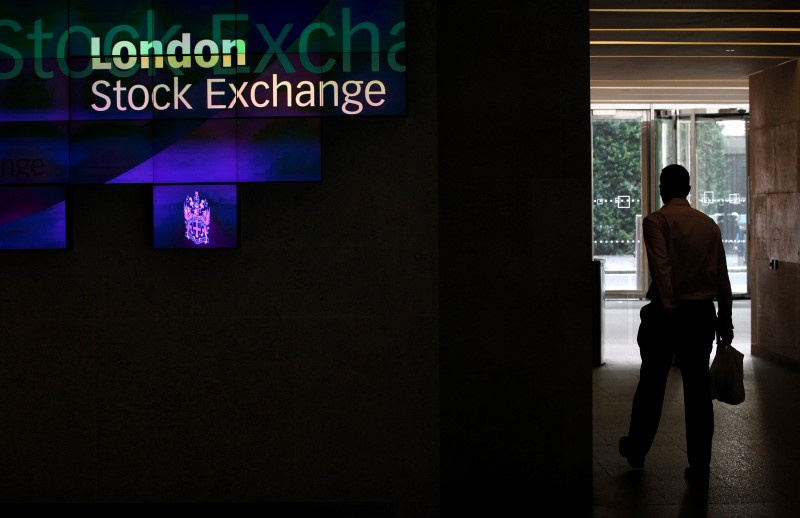Investing.com -- European markets put in a mixed performance on Friday as investors evaluated the ongoing political instability in France and of the release of key US jobs data.
Germany's DAX rose 0.2%, France's CAC 40 gained 1.3%, while the UK's FTSE 100 dropped 0.5%.
French political turmoil
French prime minister Michel Barnier’s minority government was toppled on Wednesday evening after lawmakers from across the political spectrum supported a no-confidence motion.
The move followed Barnier’s controversial decision to push his budget through parliament without a vote.
In a response Thursday, President Emmanuel Macron delivered a speech, accusing politicians of neglecting voter interests. Despite the upheaval, Macron vowed to complete his presidential term, which runs until 2027.
After resigning Thursday morning, Barnier agreed to remain in a caretaker capacity while Macron selects his successor.
"The OAT-BUND sovereign spread narrowed back into levels seen a couple of weeks ago," said analysts at ING, in a note. "In reality, French risk had not hit the euro [or French equities] too much, and equally we do not see the need for EUR/USD to rally too far on news that Marine Le Pen is not seeking the ousting of President Emmanuel Macron. However, political uncertainty will be unwelcome and French growth will still disappoint."
Eurozone Q3 GDP edged higher
Data released earlier Friday showed German industrial production unexpectedly fell in October, pointing to further weakness in the eurozone’s dominant economy.
Production was down by 1.0% in October from the previous month, after a upwardly revised decline of 2.0% in September and an increase of 2.6% in August.
The eurozone as a whole grew 0.4% on a quarterly basis in the third quarter, data showed earlier Friday, an annual gain of 0.9%.
This meager growth points to another rate cut by the European Central Bank next week, and the market is pricing in over 150 basis points of easing by the end of 2025.
Elsewhere, the US nonfarm payrolls for November came in at 227k, above consensus expectations.
Aviva to buy Direct Line
In the corporate sector, Aviva (LON:AV) stock fell 1.4% with the British insurance giant set to buy its rival Direct Line (LON:DLGD), up 6.3%, following an increased bid that has brought the two companies to a preliminary agreement.
According to a joint statement, Direct Line’s board has indicated it would recommend the deal to shareholders if Aviva makes a formal offer.
The new proposal values Direct Line at 275 pence per share, marking a 73% premium over the closing price on Nov. 27, the day before the initial bid was made public.
This latest bid reflects a 10% increase from Aviva’s original offer of 250p/share in November, which had been rejected.
Oil prices edge lower
Oil prices fell Friday after OPEC+ announced an extension of its current supply cuts through 2025, intensifying worries about weakening global demand.
At 11:45 ET, U.S. crude futures (WTI) slipped 1.5% to $67.31 per barrel, while Brent crude also declined by 1.2%, trading at $71.20 per barrel.
The Organization of the Petroleum Exporting Countries and its allies, a group known as OPEC+, delayed the start of its oil output increases by three months until April and extended the full unwinding of cuts by a year until the end of 2026.
The group of top producers originally planned to start unwinding cuts from October, but a slowdown in global demand - especially in China - has forced it to postpone the plan several times.
(Peter Nurse and Nayamya Acharya contributed to this article.)
